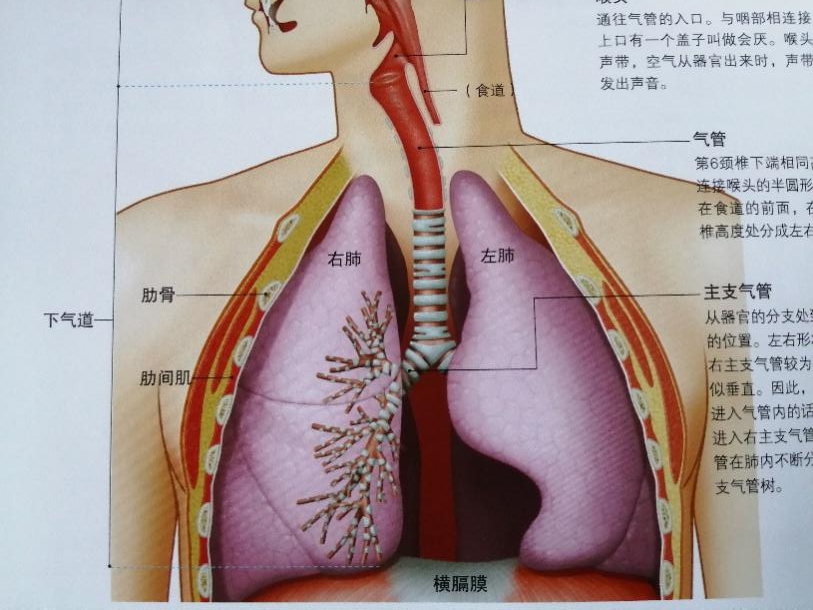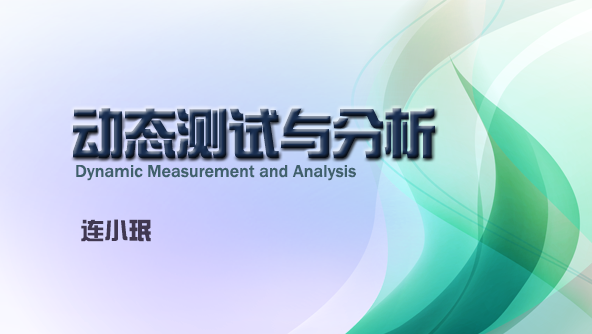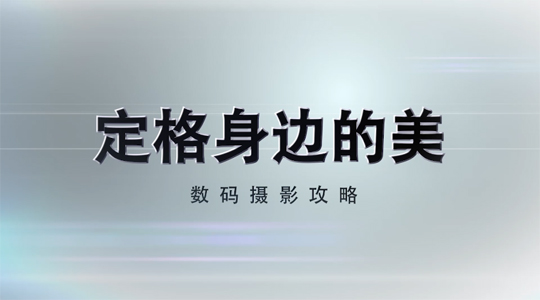
当前课程知识点:“一带一路”沿线国家跨文化商务交际 > 第一章 泰国 > 1.4 泰国商务实践 > 1.4 泰国商务实践
返回《“一带一路”沿线国家跨文化商务交际》慕课在线视频课程列表
Hello everyone Welcome to the Intercultural Business Tour in Thailand
So after learning all the Thai cultural etiquetteit is time to practice
We are now going to have an in-depth tour
in Thai companies or business enterprises
It is good to know more about Thai company’s Structure and Hierarchy
how to make appointments with Thai companies
strategies to negotiate with Thai businessmen
language and communication styles they usually use
and finally how to maintain a good business relationships
with your Thai counterpart
Thai business reflects a society in which hierarchy
and respect for elders are very important
thus senior colleagues are obeyed and respected
This business culture bears some of the characteristics
of the working practice in other Southeast Asian countries
such as Singapore Malaysia and India
Regardless of the size or nature of the company
hierarchy is an integral part of business culture in these countries
Thus understanding the social status
of people and the vertical structure of a company
is essential for doing business with these international companies
In these hierarchical organisations a vertical structure is adopted
with power coming from the top
Discussions are almost always led by people at the highest levels
and it is the responsibility of the top management to supervise
check and look after the subordinates
The final decision-making power is in the hands
of the top management of the business
so it is very important to maintain good relations with the top people
Also in keeping with the corporate culture
titles and job descriptions play an important role
in many Southeast Asian companies
Therefore it’s important for you to have the awareness
of emphasizing power relations when conducting business
with your Thai business counterparts
so as in most other Southeast Asian business practices
Making appointments as early as you can is suggested In Thailand
Meetings are generally scheduled well
in advance and confirmed the day beforehand
Both private companies and public offices are usually
built up very hierarchical
Only very little authority to decide is surrogated(代理)
away from the top management
which means that informed decision makers are very busy
The traffic in Bangkok is unpredictable
so it is difficult to estimate the time
of transportation during business meetings
Traffic jams roadworks accidents and roads closed for VIPs
can make a short journey very long
Thus it is a good idea to consult a person who is living in Bangkok
the company you are visiting
or an employee before you leave the hotel
If you find yourself to be late for the meeting during
the way it is a good idea to call and inform
Negotiations
Status acquaintance and power tend to be more important
than content in negotiating with your Thai business partners
Thais respect foreign businesspeople with long connections
in the country and will be more willing to accept their offers
While Thailand has a pro-business attitude
decisions are reached quite slowly
Thus it is important to remain patient as mentioned in the early part
Pressure tactics should be avoided
Planning is usually short-term
therefore it is a good idea to emphasise the immediate benefits of the offer during negotiations
Despite the somewhat conservative nature of Thai culture
small talk is actually expected
at the beginning of a business meeting
Diving straight into negotiation
without having a little friendly chat is viewed as bad manners
Therefore informal conversations before and after business meetings
are common and cannot be ignored
Thais may ask for personal information such as your age
marital status and educational background to help them
understand your status in society and build
a sense of familiarity with you
It is also common place to be invited for a round
of golf or some other kind of entertaining activity
Much of this is an effort for your Thai business partners
to get to know you better
so take every opportunity to forge(锻造)
a successful partnership with your Thai counterparts
Language & communication styles
The use of English
during international business exchange is common especially if your Thai business counterparts
are from large companies in Bangkok
where presentations
proposals and contracts in English are acceptable
However be sure to use fairly simple and non-accented language
and if language is an issue
a business interpreter should be provided
especially when dealing with traditional Thai firms
although some of your Thai business partners
might be English speakers working in newer organisations
particularly those with international business
Communication styles in Thai business
environment are sensitive and courteous
You should give great care to not offending
any of your Thai business counterparts
Frankness is not appreciated
as indirectness is highly valued in Thai culture
So please be subtle in responding
your Thai business partners’ offer with a negative reply
Usually when times happen that a direct
confrontational type of statement can’t be avoided
it is advisable to use a preface
with a phrase that is generally equivalent to
if you will allow me to be very frank
and this kind of wording will excuse the occasional blunt statement
Also when it comes to business communication
another important thing to remember
is that there are two ways to express Yes in Thailand
The word Chai ( 泰语表示赞同 读作[tʃaɪ]) in Thai language means Yes
but the words Khrap(male) and Kha(female) mean yes I follow
So it is imperative(必要的 紧要的)
that you clarify exactly
what someone is saying within different contexts
Business relationships
In Thailand most businesses are family businesse
and most of these families know each other
Because of this
Thais only like to do business with people that they know
Thus establishing a good relationship
with a company before any deal can be finalised (定下来)
would seem an imperative thing to do in Thailand
Invitations to social events from Thai counterparts
should always be accepted
as they are a means to get to know each other
before doing business together
See you next time bye bye
-课程导语
-1.1 泰国的社会文化背景概况
-1. 2 泰国的核心文化价值观
-1.3 泰国商务礼仪
-1.4 泰国商务实践
-1.5 泰国商务中的跨文化交际陷阱
-1.6 Discussion
-1.7 Unit test
--1.7 Unit Test
-2.1 新加坡社会文化背景概况
-2.2 新加坡核心文化价值观
-2.3 新加坡商务礼仪
-2.4 新加坡商务实践
-2.5 新加坡商务中的跨文化交际陷阱
-2.6 Discussion
-2.7 Unit test
--2.7 Unit test
-3.1 马来西亚社会文化背景概况
-3.2 马来西亚核心文化价值观
-3.3 马来西亚商务礼仪
-3.4 马来西亚商务实践
-3.5 马来西亚商务语境中的跨文化交际陷阱
-3.6 Discussion
-3.7 Unit test
--3.7 Unit test
-4.1 哈萨克斯坦社会文化背景概况
-4.2 哈萨克斯坦核心文化价值观
-4.3 哈萨克斯坦商务礼仪
-4.4 哈萨克斯坦商务实践
-4.5 哈萨克斯坦商务语境中的跨文化交际陷阱
-4.6 Discussion
-4.7 Unit test
--4.7 Unit test
-5.1 沙特阿拉伯的社会文化背景概况
-5.2 沙特阿拉伯的核心文化价值观
-5.3 沙特阿拉伯商务礼仪
-5.4 沙特阿拉伯商务实践
-5.5 沙特阿拉伯商务语境中的跨文化交际陷阱
-5.6 Discussion
-5.7 Unit test
--5.7 Unit test
-6.1阿联酋的社会文化背景概况
-6.2阿联酋的核心文化价值观
-6.3阿联酋商务礼仪
-6.4阿联酋商务实践
-6.5阿联酋商务中的跨文化交际陷阱
-6.6 Discussion
-6.7 Unit test
--6.7 unit test
-7.1 印度的社会文化背景概况
-7.2 印度的核心文化价值观
-7.3 印度商务礼仪
-7.4 印度商务实践
-7.5 印度商务语境中的跨文化交际陷阱
-7.6 Discussion
-7.7 Unit test
--7.7 Unit test
-8.1 俄罗斯社会文化背景概况
-8.2 俄罗斯核心文化价值观
-8.3 俄罗斯商务礼仪
-8.4 俄罗斯商务实践
-8.5 俄罗斯商务中的跨文化交际陷阱
-8.6 Discussion
-8.7 Unit test
--8.7 Unit test
-9.1 波兰社会文化背景概况
-9.2 波兰核心文化价值观
-9.3 波兰商务礼仪
-9.4 波兰商务实践
-9.5 波兰商务中的跨文化交际陷阱
-9.6 Discussion
-9.7 Unit test
--9.7 Unit test
-10.1南非的社会文化背景概况
-10.2南非的核心文化价值观
-10.3南非商务礼仪
-10.4南非商务实践
-10.5南非商务中的跨文化交际陷阱
-10.6 Discussion
-10.7 Unit test
--10.7 Unit test
-期末考试




